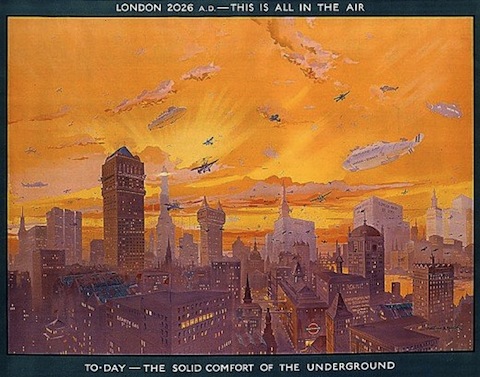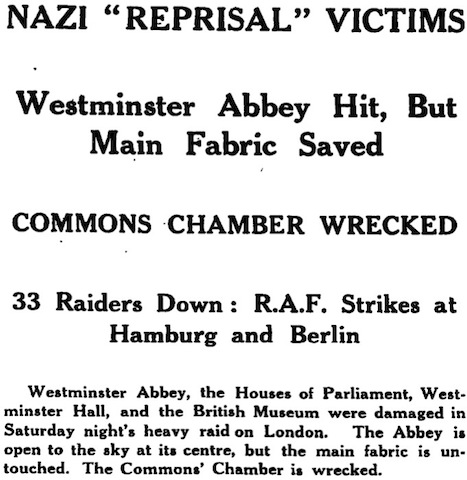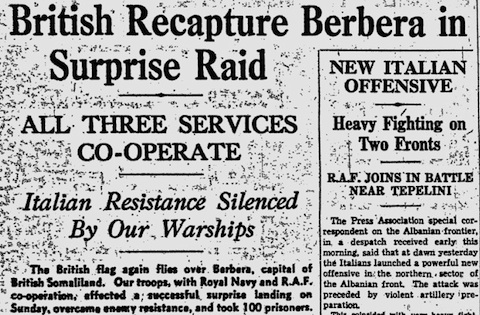Trenchardism?
[Cross-posted at Society for Military History Blog.] In the published version of his 2008 Lord Trenchard Memorial Lecture, Richard Overy concluded that now air power is projected for its potential political or moral impact. In Kosovo, Iraq and Afghanistan it is the political dividend that has been central to the exercise of air power, just […]






